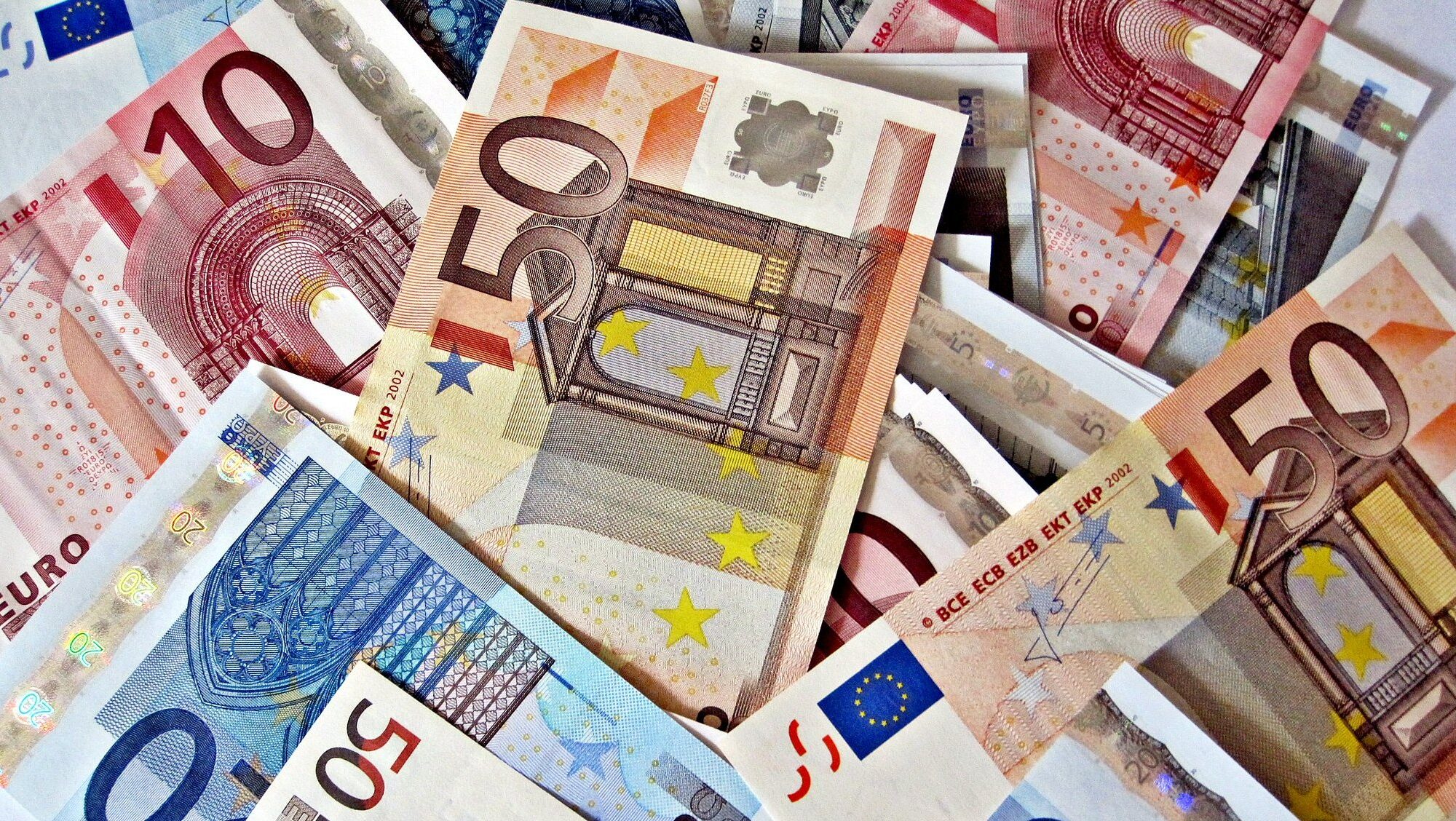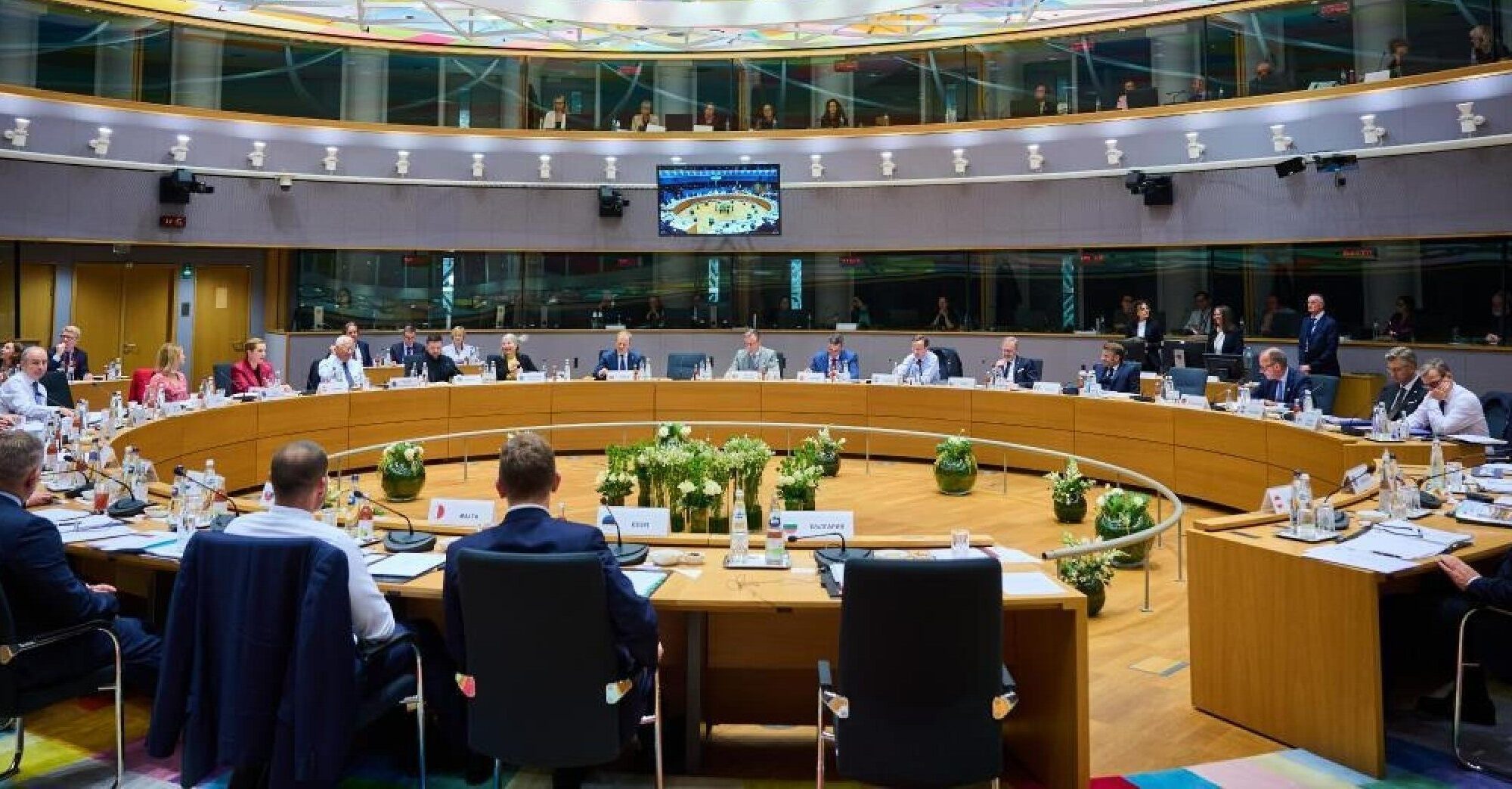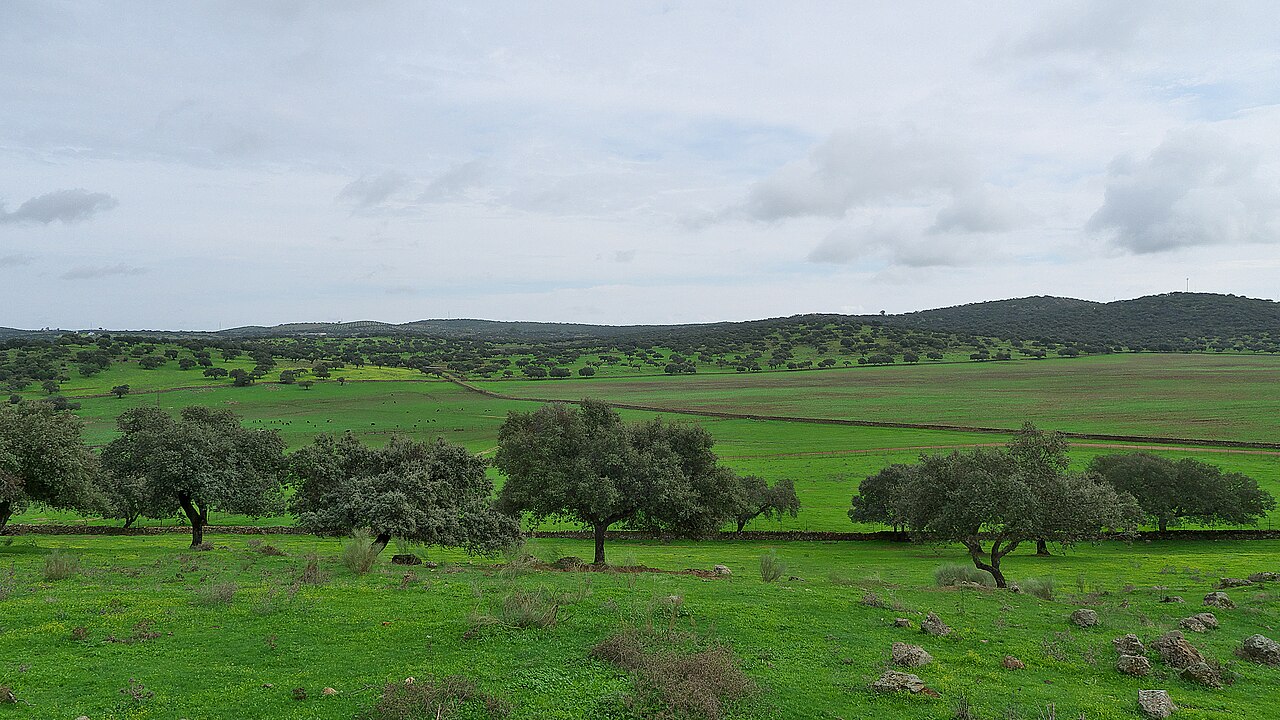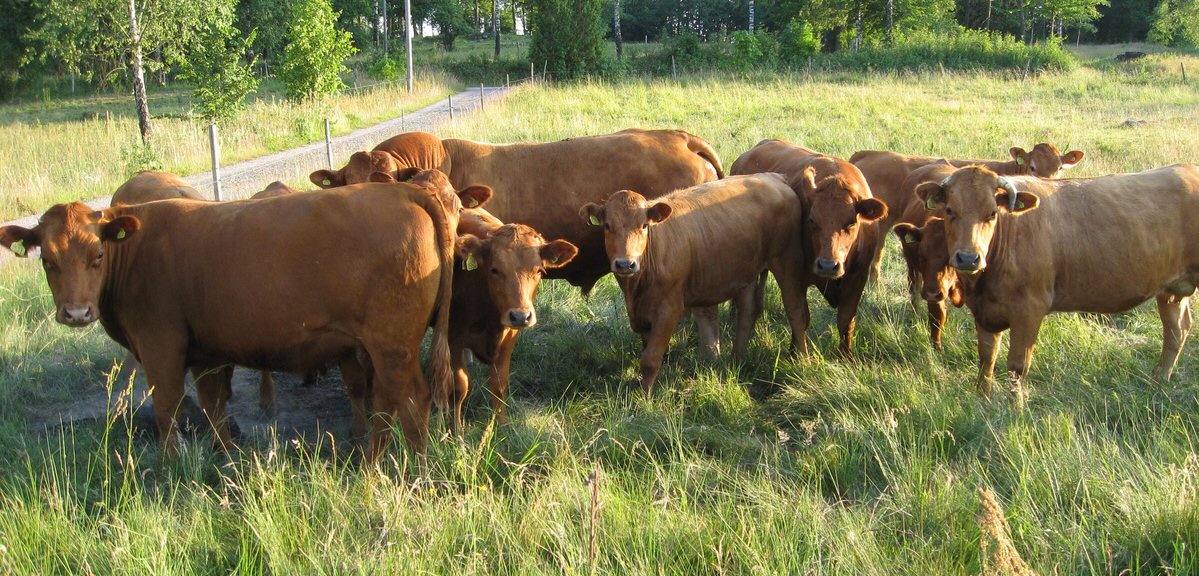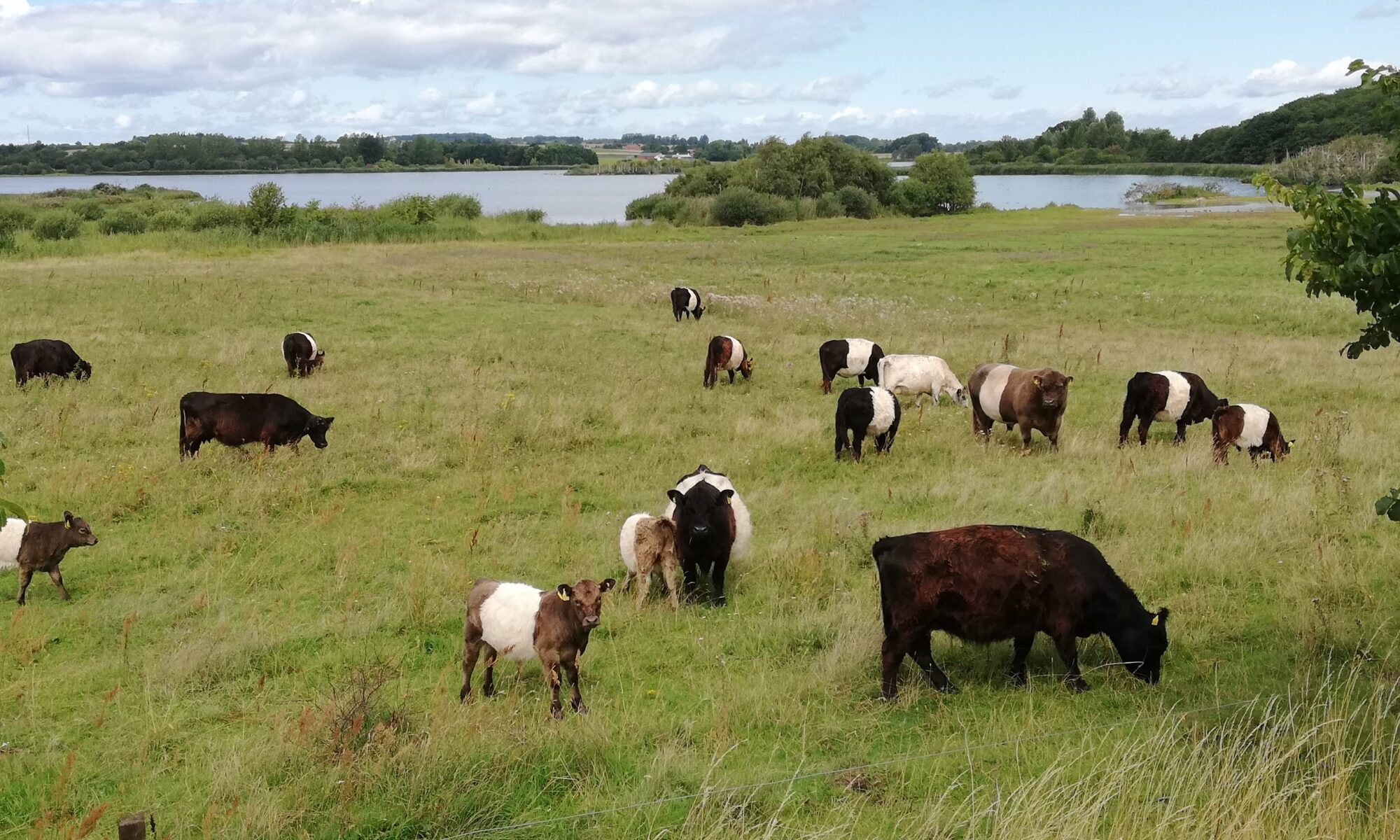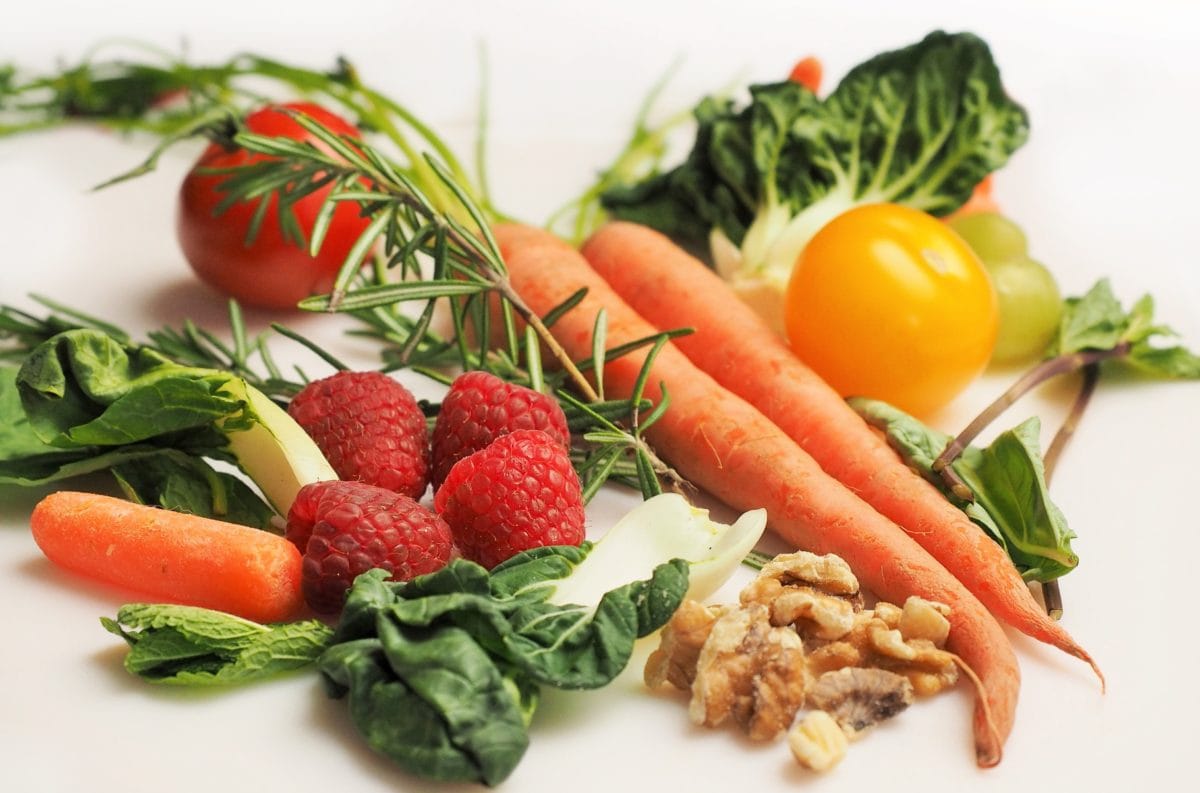The likely size of the CAP budget in the next programming period 2028-2034 has been highly contentious since the publication of the Commission’s MFF proposal last July. Among agricultural stakeholders, the AGRI Committee in the Parliament, and the AGRIFISH Council, the amount available for the CAP under its two Pillars in the current programming period was compared with the size of the minimum ring-fenced amount for CAP income support in the proposal and found wanting. The Commission, on the other hand, has insisted on the potential for a larger CAP budget depending on the choices made by Member States. In its most recent Fact Sheet ‘Unlocking synergies integrating EU funding for farming and rural communities’ published in January 2026, it claims “the EU budget in support to farmers and rural communities for 2028-2034 can be at the same level or even higher than the current CAP allocation 2021-2027”.
I have written several blog posts exploring the different factors that will influence the size of the future CAP budget.… Read the rest

